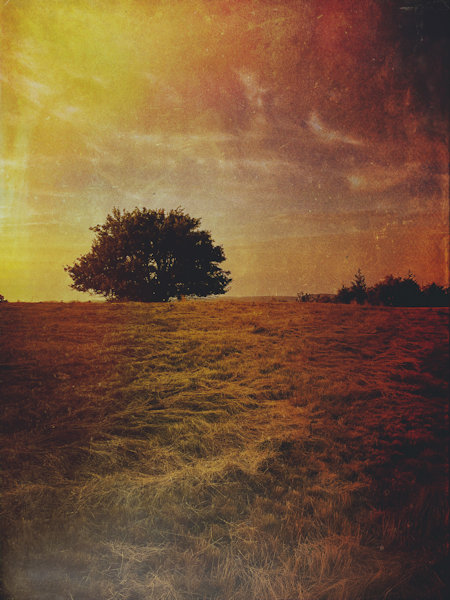 You died, my son exhales, a week before his fifth birthday and an hour before the clocks turn back, because a man in New Zealand wanted more sunshine—not time to be with his children, but to go bug-hunting after work. You keep dying, he repeats, every time I close my eyes. And he’s crying. Not his usual tearful wail, continuous sonic clamor like cicadas in East coast summer. Not his limbs flailing, like a Japanese lantern fly throwing itself off the sidewalk to flee his sneaker. Not uncontainable water and light, a firefly’s beating against the glass we’ve used to trap it. No.
You died, my son exhales, a week before his fifth birthday and an hour before the clocks turn back, because a man in New Zealand wanted more sunshine—not time to be with his children, but to go bug-hunting after work. You keep dying, he repeats, every time I close my eyes. And he’s crying. Not his usual tearful wail, continuous sonic clamor like cicadas in East coast summer. Not his limbs flailing, like a Japanese lantern fly throwing itself off the sidewalk to flee his sneaker. Not uncontainable water and light, a firefly’s beating against the glass we’ve used to trap it. No.
You died, he says, barely aloud. Not anything like insect or animal, but for the first time, a terrified small boy.
I don’t want you to die. His bottom lip is shaking, so he bites it, hard. I tuck him back in bed, but he tells me he doesn’t want to close his eyes. Doesn’t want to see it happen again. Promise me you won’t die, he says. But I can’t. Maybe I’m a bad mother to tell him, Everyone dies, but I’m here now. I’m not going anywhere.
Before bed that night, we read the Russian-language story, “The Mouse and the Pencil.” The mouse steals the pencil from a small boy’s desk while he’s sleeping. The pencil begs to be returned, but the mouse says his teeth itch and he needs to gnaw something. He bites down, hard. The pencil yelps in pain and asks to draw one last time. The mouse agrees and the clever pencil begins to draw a circle, Cheese! The mouse exclaims. More circles, Holes in the cheese! Long ovals nearby, Sausages! The mouse starts to drool and tells the pencil to hurry up, I’m so hungry. The pencil then draws pointy triangles and the mouse cries out, Stop! It’s a caaa caaa, but the pencil already added whiskers. The mouse runs away and never bothers the pencil again. The pencil still lives with the boy, only now, it’s very small. I reassure my son, But still alive.
We don’t have mice, my son says, But we have cats. I ask how many because we are working on counting.
Three, he says.
I’m confused. Who’s the third? He names Ele, who died before he was old enough to say his name.
He’s dead, I tell him, but that doesn’t seem to explain where the cat has gone, physically.
Is he in the ground? he asks. No, and maybe I’m a bad mother for explaining he was cremated.
Didn’t burning hurt? he continues.
No, and I’m probably a bad mother for explaining, When you’re dead, you feel no pain.
He seems to understand, but goes on to ask about his great-grandfather, Is he in the ground? When I say he is, he’s afraid. This means he will come back as a zombie or ghost or ?
I never want to go see him, he says. And I am a bad mother for explaining that’s all make believe, the things we say happen after death.
He wakes countless times that night. Always, Mama, I need you. Always, Mama, you died. Always, I don’t want you to die. I know I’m a bad mother for feeling wholly loved by this fear. A part of me, loving his refusal to let go of my hand. He says, Mama, when you tell me things, I see them in my dreams. So I know I must have been bad.
I tell him to dream of apple picking and the ocean he never crossed. I tell him to close his eyes, You won’t see me die this time, but he doesn’t believe me.
In the morning, I find the younger cat curled in my son’s spiderman blanket, a dead mouse inches away from her nose. How long ago could it have died to still feel warm and soft through the paper towel? I do not tell my son about this, but he overhears. Where is the mouse? He asks and runs to look inside the trash can. He knows it feels no pain now. Knows it won’t come back. He stomps lantern flies and presses ants between his fingers and tears the rose heads off bushes and bites his sister, hard. He knows we all die. Knows it will get dark sooner now. Knowing doesn’t make him less afraid.
__
Julia Kolchinsky Dasbach emigrated from Dnipro, Ukraine, as a Jewish refugee in 1993, when she was six years old. She is the author of three poetry collections: The Many Names for Mother; Don’t Touch the Bones; and 40 WEEKS, forthcoming from YesYes Books in February, 2023. Her poems appear in POETRY, Ploughshares, American Poetry Review, and AGNI, among others. She holds an MFA from the University of Oregon and a Ph.D. from the University of Pennsylvania. Julia is the author of the model poem for “Dear Ukraine”: A Global Community Poem . She is the Murphy Fellow and Assistant Professor of English-Creative Writing at Hendrix College and lives in Little Rock, Arkansas, with her family.

1 comment
Dick Westheimer says:
Sep 14, 2022
Oh, my. This is more poem than NF. My heart raced at then end – along with you and your boy.